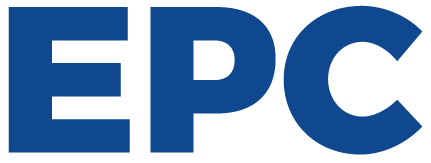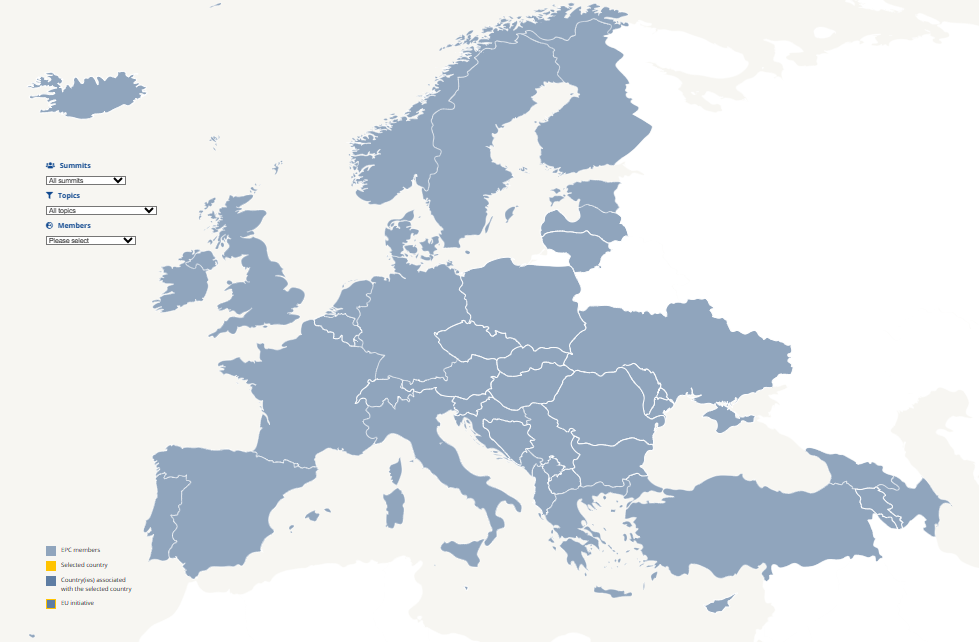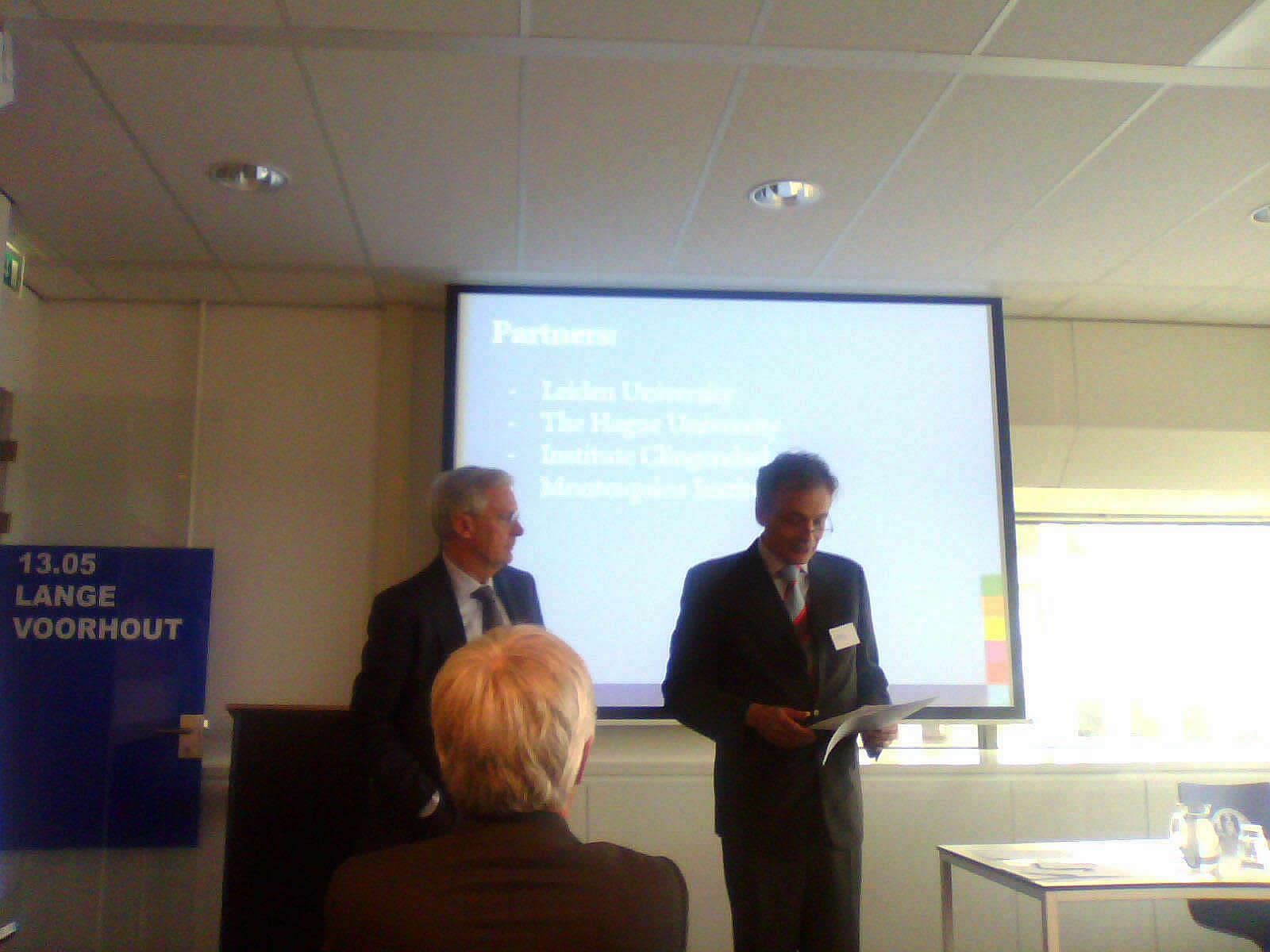Jean Monnet Programme is the project on challenges of European politics and aims to enhance knowledge and understanding about (the process of) European integration and the working of the European institutions. The programme also stimulates teaching, research and reflection on European integration in higher education institutions worldwide. For more information, check the website of the European Commission.
Leiden University Public Administration (FGGA) in the Netherlands was granted support for the Jean Monnet Centre of Excellence Programme on European integration and the working of the European institutions, which programme ended February 2018. Leiden University, the Netherlands Institute of International Relations Clingendael, the Hague University of Applied Sciences, Montesquieu Institute and some associate members worked together to draw attention to European integration. This collaboration took the shape of a Jean Monnet Centre of Excellence, which is recognised and was partly funded by the EU.
Support for the Jean Monnet programme came from the Lifelong Learning Programme. The European Commission’s Lifelong Learning Programme enables people at all stages of life to take part in stimulating learning experiences, as well as to help develop the education and training sector across Europe. The Jean Monnet Centre is planning different activities to increase knowledge about Europe and start a dialogue about the whats and whys of the European Union. In concrete terms up to
31 August, 2013 there were a number of debates, a conference, a range of publications, two Honours Classes and two Master's Classes.
Research was related to European integration and the functioning of the EU, especially emerging challenges and responses. 1 April 2011 the first Annual Conference of European Union Researchers was organised, that aimed to present research on key or emerging themes in European Integration and European Union studies. This research is being conducted by researchers from different disciplines associated with the Centre of Excellence institutions in the region of Leiden/The Hague. A very wide range of topics pertaining to the (new) challenges the EU was faced and the responses the Union and its member states devised to these challenges. The conference was also open to selected students as participants and attendants. During the first annual conference, called 'The European Union: Seeking Responses for Emerging Challenges', not only ca. 20 observers were present, but also
24 participants, who edited and delivered presentations. Panel selection:
A. Implementation and coordination in the EU's multi-level system of governance;
B. New developments in Justice and Home Affairs: legal aspects and policy implications;
C. Non-state actors and the EU: lobbying, NGOs;
D. The changing role of the EU in the world: challenges and opportunities.Selected presentation themes during this conference:
Panel A
"New delegation structures under the Lisbon Treaty and the future of comitology', 'Compliance with EU law in Central and Eastern Europe: A Success Story?', EU High Politics: The Policy Agenda of the European Council', 'National Parliaments and the EU', Cross-sectoral EU law enforcement networking', 'European discourses on Turkey's accession to the EU', 'Economic Governance: From Intentions to Results' and 'Implementation in the EU'.
Panel B
'Recent developments in the area of citizens' rights in Justice and Home Affairs', Rights of non-EU citizens based on the EU Association Agreements with non Member States', European student mobility and national policies on higher education: challenges and dilemmas', Copyright & Freedom of expression in Europe', 'Asylum Recognition Rates in the European Union: Trends and Patterns', 'An Inquiry in Human Subjectivity in the European Union Area of Freedom, Security and Justice', 'A constructivist-discursive perspective on decision-making in EU's criminal justice cooperation', EU accession to the ECHR'.
Panel C
'Europeanization of national bureaucracy-interest group interactions in The Netherlands', 'Deliberation, emancipation and political acculturation in EU lobbying', 'Lobbyists & Decision Makers'.
Panel D
'Is the EU a Model?', 'EU in the UN', 'External Dimension of Justice and Home Affairs beyond Lisbon and Stockholm outlining recent developments and how this is affecting EU's external relations with third countries', 'Baron van Münchausen and the Euro', 'Schuman's Europe'.
|


 EPC Observatory
EPC Observatory
